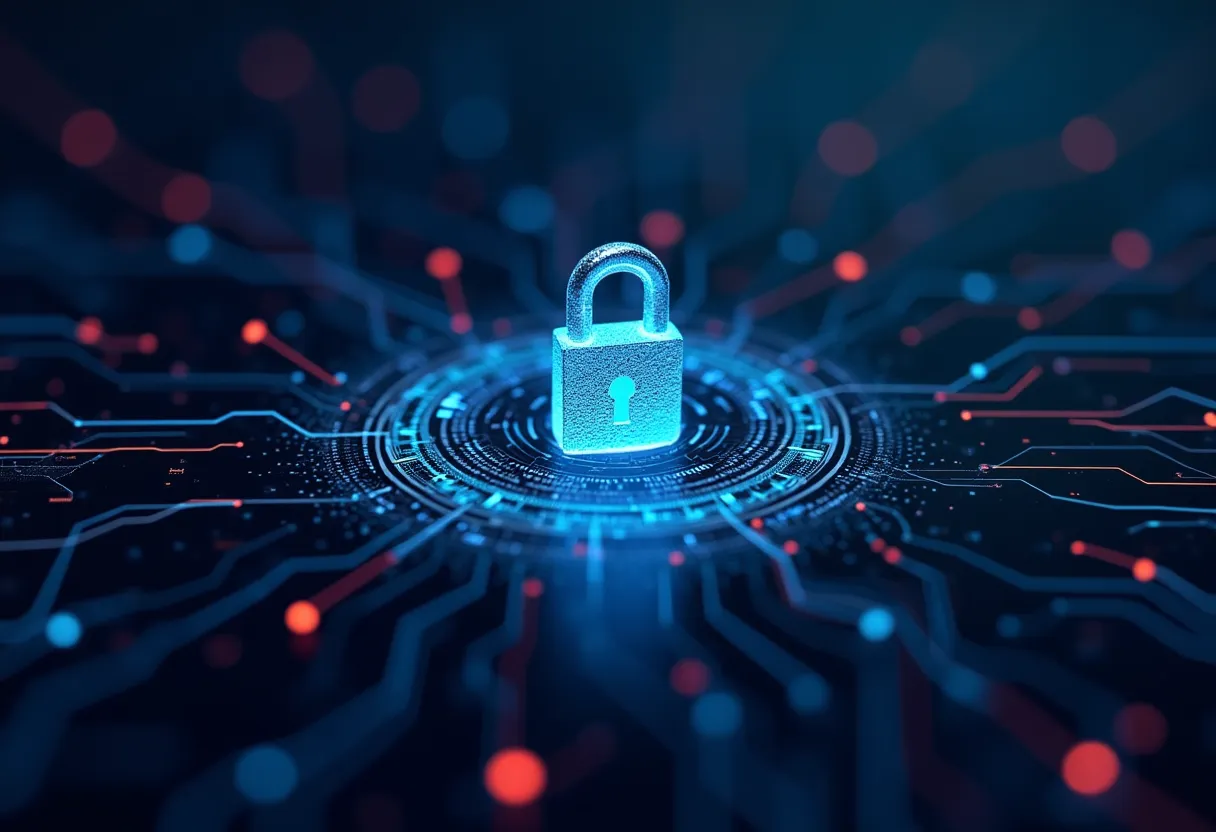Understanding Quantum Computing and Its Implications for Encryption
The rapid evolution of artificial intelligence (AI) is pushing the boundaries of technology further than ever imagined. As we venture into the realm of quantum computing, a new concept has emerged that poses significant risks to traditional encryption methods. This phenomenon, often referred to as “Quantum Q Day,” signifies the moment when quantum computers become capable of breaking currently secure encryption algorithms. This article explores the intersection of AI and quantum computing, the potential timeline for Q Day, and its implications for cybersecurity.
The Basics of Quantum Computing
Quantum computing represents a drastic shift from classical computing. Traditional computers process information using bits, which can be either 0 or 1. In contrast, quantum computers utilize qubits, which can exist in multiple states simultaneously due to the principles of superposition and entanglement. This unique property allows quantum computers to perform complex calculations at unprecedented speeds.
How Quantum Computers Threaten Encryption
Encryption is the backbone of modern digital security, protecting sensitive information from unauthorized access. Most encryption methods, such as RSA and ECC (Elliptic Curve Cryptography), rely on the difficulty of certain mathematical problems for their security. However, quantum computers, particularly those utilizing algorithms like Shor’s algorithm, can efficiently solve these problems, rendering current encryption methods vulnerable.
Key points to understand include:
The Role of AI in Quantum Computing
Artificial intelligence is not only advancing in its own domain but is also playing a crucial role in the development of quantum computing. AI can optimize quantum algorithms, enhance error correction, and improve the design of quantum circuits. The integration of AI with quantum computing can lead to breakthroughs that accelerate the timeline for achieving powerful quantum machines.
Timeline for Q Day
The timeline for Quantum Q Day remains a subject of debate among experts. Some predict that it may occur within the next decade, while others believe it could take longer. Factors influencing this timeline include:
Preparing for Quantum Threats
As the reality of Quantum Q Day draws closer, it is imperative for organizations and individuals to prepare for the potential risks associated with quantum computing. Here are some strategies to mitigate these risks:
Transitioning to Quantum-Resistant Algorithms
As quantum threats loom, transitioning to quantum-resistant cryptographic algorithms is essential. The National Institute of Standards and Technology (NIST) is actively working on standardizing post-quantum cryptography to ensure secure communication methods in the quantum era.
Regular Security Audits
Conducting regular security audits can help identify vulnerabilities in existing systems. Organizations should evaluate their encryption methods and assess their readiness for potential quantum attacks.
Employee Education and Training
Educating employees about quantum threats and the importance of cybersecurity can bolster an organization’s defense mechanism. Training programs should emphasize the significance of adopting new security protocols as the landscape evolves.
The Future of Cybersecurity in a Quantum World
The implications of Quantum Q Day extend beyond encryption vulnerabilities. The entire cybersecurity landscape will require a reevaluation of strategies and technologies. As quantum computing becomes more prevalent, organizations must adapt to the following trends:
Conclusion
The convergence of AI and quantum computing is reshaping the technological landscape, bringing us closer to Quantum Q Day. As we stand on the brink of this pivotal moment, it is essential to recognize the implications for encryption and cybersecurity. By proactively transitioning to quantum-resistant algorithms, conducting security audits, and educating stakeholders, we can prepare for the challenges that lie ahead. The future of cybersecurity in a quantum world will require innovation, collaboration, and a commitment to staying ahead of emerging threats. The journey into this new frontier has just begun, and the implications will be felt for generations to come.






